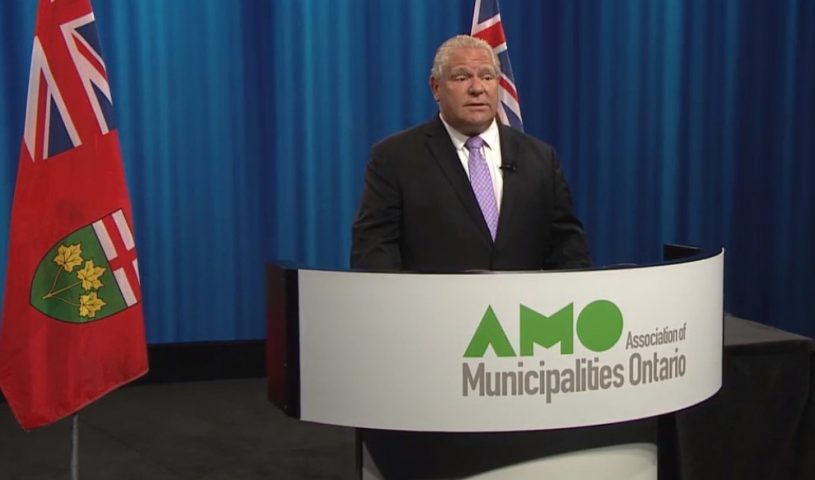Achieving change for the better

It doesn’t matter whether or not we’re trying to avoid a problem or to achieve something better for ourselves, at the core of our decision to change is the desire to get to a better place. But, some of the changes we decide to make are initiated not by personal choice but by a pressing need to respond to a change external to our original intentions.
From a personal perspective, change isn’t a mystery. We constantly decide to improve our situation by moving toward something that’s better, or by moving away from something that’s no longer comfortable. We effortlessly summarize this as, “We change to improve our situation.” And, to improve our situation, we can approach it from several directions.
1. Dictating Change
This approach isn’t that uncommon. Just tell people what to do. Some managers believe that that’s their mandate, to tell people what to do. Under some circumstances it works.
On the negative side, if people are afraid of losing their job if they resist, then they comply. On the plus side, if people trust the manager, then they comply. In the middle, there’s a huge crowd of people who object to being told what to do with no explanation, or involvement, in the decision-making process.
Why do they object? For the exact same reason we do. As adults, we don’t appreciate being told to follow orders without question.
This approach, “dictating change,” is the one identified by my audiences as the one most likely to fail.
2. Communicating the Need for Change
Helping others understand why the change is necessary is the objective of the communication process. If I tell my staff that they must relocate to another building without explaining why, they will (rightly) resist the effort required to make that move. If I explain why, but my explanation lacks credibility, they’ll continue to resist the relocation.
On the other hand, if the existing building is destroyed in a fire, then no verbal explanation is required. The burnt building speaks for itself – we’re relocating.
This approach, “communicating the need for change,” is the one identified by my audiences as absolutely crucial to successful change.
3. Creating Involvement
Assuming we can get agreement on the reality of the problem, this approach generates all the involvement we need to embrace the necessity for change. We might still have to build a consensus on what exactly we’re going to do to improve things but accepting the existence of a problem implies that a solution is desirable.
With this approach, the need to be a master communicator is reduced. All we need do is describe the problem, and if the problem is real and we can agree it’s real, then we’re all chomping at the bit to arrive at a solution. When both the decision makers and the eventual doers are working together to solve a problem … everyone on the team understands what the team is trying to accomplish and why the team exists.
This approach, “creating involvement,” is the one strategy identified by my audiences as the most likely to successfully deliver any change initiative.
Improving Our Situation, Seeing Necessary Change
Organizational change is difficult, mostly because we make it so. While it’s true that we change to improve our situation, we tend to forget that change management isn’t about forcing people to change, it’s about helping them see that change is necessary – and then getting out of their way while they get on with it. MW
✯ Municipal World Insider and Executive Members: You might also be interested in the full version of this article or in David Siegel and David Szwarc’s article: Developing resilient employees. Note that you can now access the complete collection of past articles (and more) from your membership dashboard.
Peter de Jager believes that changing ourselves is relatively easy but that forcing other people to change is risky business.
Related resource materials:



